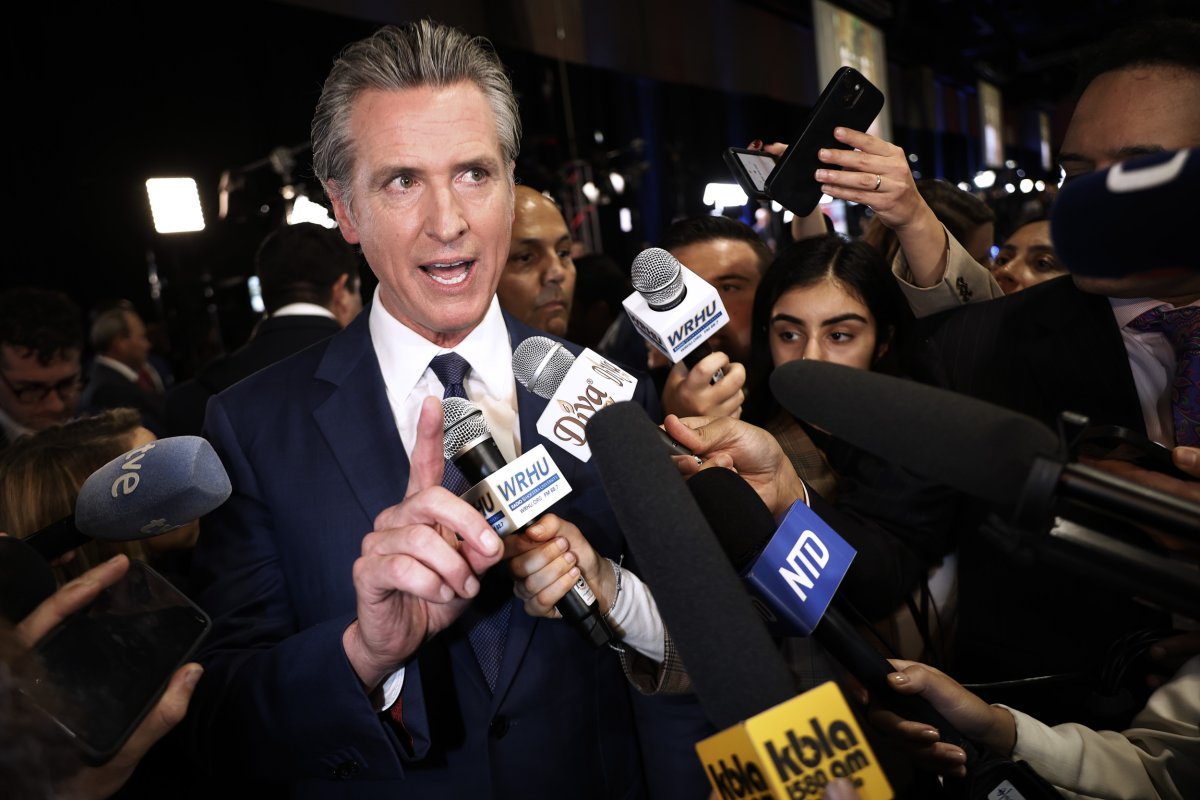
Before moving to Canada, I knew it would be a different experience. I had heard countless stories of how life would change — the sights, the festivals, the lifestyle. My excitement grew with every new thing I learned, especially about the kindness and politeness of Canadian people.
However, I did not expect just how different, or perhaps how similar, life would turn out to be. As I settled into this new environment, I began to reflect on the nature of cultural shock, and how, despite superficial differences, people are largely the same, no matter where they are from. This realisation, while comforting, also led me to think deeply about how my initial expectations of Canada differed from reality, and how this mirrors the experiences of many students around the world.

When I first arrived in Canada, I anticipated encountering a world that was vastly different from what I had known in India. I expected to be overwhelmed by new festivals, new traditions, and new ways of life. There is a widely shared notion that moving to a new country, especially a Western one like Canada, will be a complete departure from one’s own culture.
Yet, as time passed, I found that the people here are not so different from those I left behind in India. Canadians are often stereotyped as extraordinarily polite and kind, a perception shared globally. In India, I heard this narrative repeatedly: “Canadians are so nice!” While this is true to an extent, what I discovered is that kindness and rudeness exist in equal measure everywhere, whether in India or Canada.
People, irrespective of their nationality, have good days and bad days. Some are warm and welcoming, while others may be less so. What makes someone ‘nice’ or ‘rude’ has less to do with nationality and more to do with individual personality.
‘Universal experience’ One of the most profound realisations I had upon moving to Canada was that the search for a community where you feel like you belong is a universal experience. Back in India, I had my established social circles, people with whom I shared common interests, language, and values. Here in Canada, that process started all over again.
The initial feeling of disconnection is natural when moving to a new country, but it soon became apparent that finding ‘your people’ is part of the human journey, whether at home or abroad. The challenge in Canada is not necessarily about the people being different. It is more about finding your place in an unfamiliar setting.
Finding your circle in Canada can be challenging, as people often seem disconnected, perhaps guarding their personal space. Yet, as social beings, losing this sense of connection would be a significant loss for humanity. A common example is the phrase "how are you?", which feels more like a formality than a genuine concern.
While festivals might offer an opportunity for connection, the number of widely celebrated ones is quite limited. However, Canadians celebrate major holidays like Christmas, Thanksgiving, and Canada Day, which is impressive. Still, I feel people are not really connected here and this can be a very big reason why Canadians are easily adapting to things they should not.
A different topic of discussion. Language difference One of the more obvious differences is the language. English, while spoken widely in India, is not my first language, and adjusting to the nuances of Canadian English was a challenge at first.
People here use local phrases and slang that often left me puzzled. I found myself repeatedly asking people to repeat themselves. It is one thing to learn a language in a classroom or from books, and quite another to navigate the colloquial expressions that people use in everyday conversations.
Phrases like “double-double” for coffee orders or “dog-out” to ask how you are doing. This experience, while frustrating at times, also brought a sense of humour to my adaptation process. I would often laugh at myself for not understanding certain phrases and then feel proud once I finally grasped their meaning.
It became a fun part of my journey in Canada — learning not just a new way of life, but a new way of speaking. Over time, I realised that language is one of the many layers of culture that immigrants need to adapt to feel truly integrated into their new environment. A World more alike than it seems What I have learned most from my time in Canada is that the world is not as different as we might think.
People in India often aspire to adopt certain aspects of Western culture, thinking that it is vastly superior or more modern. Similarly, people in Canada look at Indian culture with a sense of fascination. But in reality, we are all more alike than different.
The differences we perceive — whether in language, customs, or celebrations — are just surface-level manifestations of a much deeper, shared humanity. What makes our world so beautifully diverse is precisely these differences. It is the fact that we all bring something unique to the table, whether that is in the form of a festival, a local phrase, or a way of connecting with others.
Diversity, after all, is what allows humans to innovate and create new ideas. It is why we have different cultures, foods, and traditions across the globe. But underneath it all, the human experience is largely the same.
We all want to be part of a community, to celebrate life’s milestones, and to feel understood. My journey in Canada has been one of discovery, not just of a new country, but of the realisation that people are fundamentally the same everywhere. Cultural shock, while initially overwhelming, has led me to a deeper understanding of humanity’s shared experiences.
Moving to a new country has taught me that while language, festivals, and traditions may differ, the core of human connection remains unchanged. In the end, it is not about where you are, but how you find your place in the world. Whether in India, Canada, or anywhere else, the journey of finding your community and celebrating life’s moments is universal.
And that, I believe, is the true beauty of cultural diversity. The writer is a postgraduate student at the Algonquin College, Ontario, Canada.










